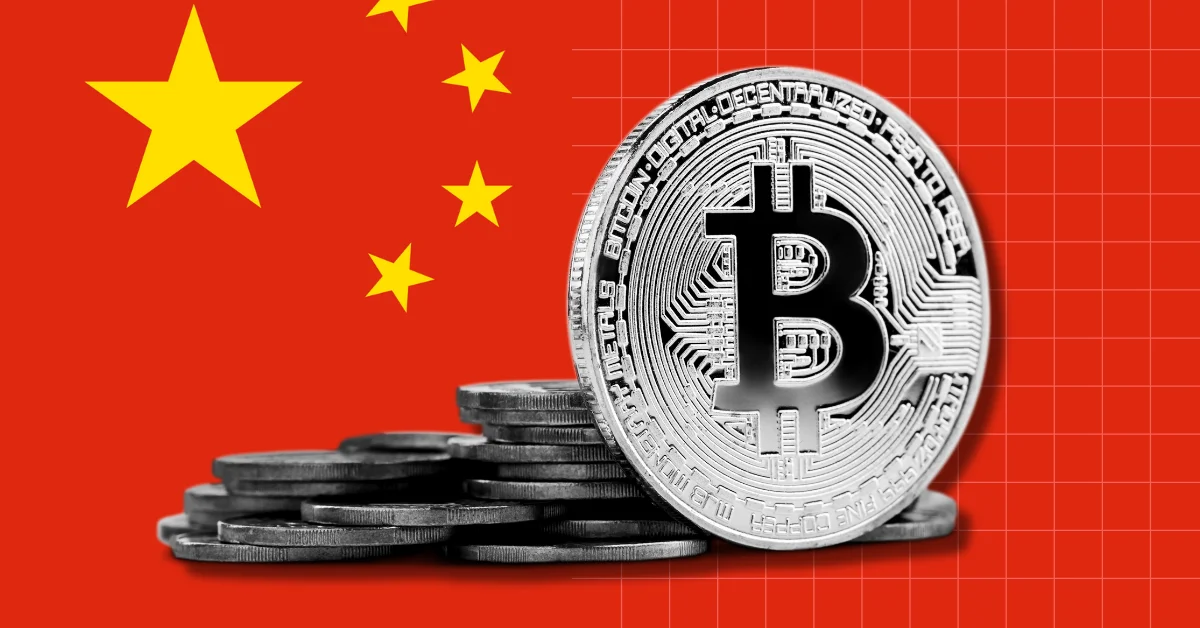
In a significant development, Judge Sun Jie from the People’s Court of Songjiang District in Shanghai has established a pivotal standpoint regarding cryptocurrency in China. The judge clarified that cryptocurrencies are recognized as legal commodities with property rights. This clarification stems from a 2017 business dispute where a company failed to deliver a promised token, leading to a partial refund. The ruling confirmed that while individuals are allowed to legally own virtual currencies, commercial entities are restricted from investing in or issuing such tokens.
Judge Weighs In: Crypto is Legal to Own
Judge Sun’s statement underscores a crucial distinction in China’s regulatory approach to cryptocurrencies. Individuals are permitted to legally possess virtual currencies, affirming their status as lawful personal assets under Chinese law. However, the judge warned against potential risks associated with cryptocurrencies, such as market speculation, financial instability, and their potential misuse in illegal activities like money laundering and fraud. Despite China’s stringent regulations on crypto exchanges and transactions since 2017, the ownership of digital assets by individuals has not been prohibited.
This legal clarity, however, is juxtaposed with the complexities of China’s broader crypto regulations. For example, a recent bribery case involving Yao Qian, a former director at the People’s Bank of China’s digital currency institute, reflects the ongoing regulatory challenges. While individual ownership is permitted, the country maintains strict controls over the crypto sector, with no immediate indications of relaxing these restrictions.
Crypto Reaction and the Global Perspective
The crypto community and financial experts are keenly observing China’s regulatory stance. Experts, including Zhu Guangyao, a former vice minister of finance, emphasize the importance of cryptocurrency in the digital economy. Zhu argues that for China to remain competitive, particularly against moves like the U.S.’s strategic integration of Bitcoin into its reserves, it must adapt its policies. The global influence of cryptocurrency continues to expand, as seen with Bitcoin’s recent surge to an unprecedented high of $94,730.
In summary, China’s position on cryptocurrency is a nuanced balancing act. It upholds the rights of individuals to own digital assets while enforcing rigorous restrictions on commercial activities involving cryptocurrencies. This dual approach reflects China’s cautious yet progressive navigation through the evolving landscape of digital finance.
As rumors circulate about the potential lifting of China’s crypto ban, Judge Sun’s judgment may signal forthcoming changes in the country’s regulatory framework. Such shifts could reshape the global cryptocurrency landscape, influencing both domestic and international markets.






